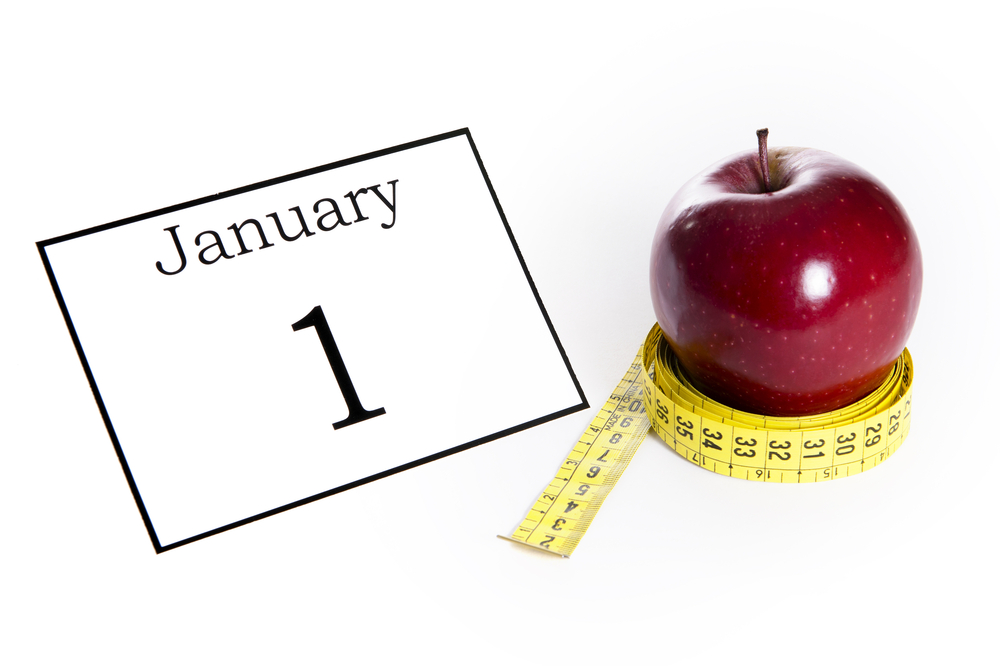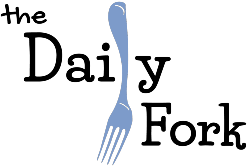What Diet Should You Try This New Year?
The holidays are a time to indulge and celebrate after a long year, but by the time January rolls around, it’s normal to want to make healthier choices. If you’re wondering which diet you should try to kick off the new year with, you’re in the right place.
In this article, I will cover a few of the best New Year diets to try in January. So, if you’re wanting to start the new year with a lifestyle change, you have plenty of options.
So, let’s get started!
While January is the perfect time to set New Year’s resolutions, when it comes to starting a new diet, a common mistake people make is expecting quick fixes.

Switching up your diet is great for incorporating new recipes and foods into your lifestyle, and is a good way to hit the reset button after Christmas celebrations. However, life is all about balance, and you should never expect a diet to be an overnight success.
Restrictive diets aren’t recommended and can become unhealthy very quickly for a number of reasons, and the most important thing to keep in mind when starting a new diet are your long-term goals.
Don’t hold yourself to unrealistic standards, such as cutting out your favorite foods, as you’ll only set yourself up to fail.
It’s important to set achievable goals that you can work towards slowly and sustainably. Moderation is key, and finding a balance between eating healthily and still enjoying the foods that you love is one of the most important factors to sticking to a diet.
You want to make sure that whichever diet you choose, it’s sustainable. No diet is going to be the right fit for everyone, so experimenting and establishing what works for you is the best way to make healthy changes in your life.
Intermittent Fasting
In short, intermittent fasting restricts the time that you are allowed to spend eating, as this in short reduces your calorie intake. Whereas you might be used to snacking whenever you’re hungry, intermittent fasting focuses on a smaller window of time to eat.
There are a variety of health benefits associated with intermittent fasting such as weight loss and reduced inflammation. That being said, diabetics or individuals who are particularly sensitive to drops in their blood sugar levels should always chat to their healthcare professional before trying intermittent fasting.
The Mediterranean Diet
The Mediterranean diet focuses on eating foods individuals in countries such as Greece and Italy used to. The Mediterranean diet places an emphasis on fresh fruits and vegetables, fish, seafood, legumes, whole grains, pasta, nuts, and seeds.
Foods like dairy products, eggs, and poultry should only be eaten in moderation, whereas red meat is limited. It’s also recommended that you swap butter for healthier fats, such as extra-virgin olive oil.
However, you can’t eat like you’re on holiday every day and expect weight loss. The Mediterranean diet isn’t a weight loss diet, so you might not necessarily lose weight following this diet unless you actively try to eat fewer calories.
That being said, it can promote weight loss and your overall health provided that you make balanced meals. While hearty foods such as pasta are allowed, they should be eaten in moderation for the best results on the Mediterranean diet.

Low-Carbohydrate Diets
There are a variety of different low-carbohydrate diets, and these are particularly popular weight-loss diets. From the ketogenic diet (keto) to Atkins, there is a huge array of these diets that all vary but follow similar principles.
The basic concept of low-carb diets is that they restrict how many carbs you eat, encouraging your body to use fat as fuel instead. They are typically higher in protein than low-fat diets.
These diets can be highly effective for weight loss but can be tricky to follow for some as it can be quite an adjustment for your digestive system.
Vegan And Plant-Based Diets

The popularity of the vegan diet has grown exponentially in the last decade, with many opting to trial ‘Veganuary’ or vegan January to dip their toes into this lifestyle.
The vegan diet attempts to exclude all forms of cruelty and exploitation of animals. This diet consists only of plant-based foods, excluding all types of meat, fish, shellfish, insects, and other animal products such as eggs, dairy, and honey.
While many people might consider the vegan diet restrictive, it is a lifestyle choice that is praised for benefiting the individual, animals, and the environment.
As the popularity in veganism has increased, there has been a significant rise in plant-based meat and dairy alternatives. Many people are turning vegan or are trying to incorporate more vegan meals into their regular diets to help reduce their meat consumption.
This is particularly true of red meat, which is known to be particularly harmful to the planet and can have adverse effects on your health.
Veganuary is a great opportunity to try the vegan diet. If you’re interested in becoming vegan, you should take a B12 supplement and consult your doctor first.
The Dukan Diet
If you’re looking for a low-carb, high protein diet, then the Dukan diet might be the right choice for you. The Dukan diet isn’t super restrictive like a lot of diets can be, and it includes four different phases that involve different foods.
The Dukan diet revolves around lean meats, such as lean beef, poultry, eggs, fish and fat-free dairy for the first five days, before gradually introducing carbohydrates in later phases.
That being said, healthy sources of fiber, such as avocados and nuts, are excluded from the Dukan diet because they’re considered too high in fat.
The Paleo Diet
The Paleo diet is designed to imitate what humans could gather themselves whilst hunting, meaning that you eat whole foods as opposed to highly processed foods.
Some of the basic foods that you can eat on a Paleo diet include meat, fish, vegetables, fruits, eggs, nuts, and seeds.
However, processed foods such as sugar, soft drinks, and the majority of dairy products should be avoided on a Paleo diet. In addition to this, it restricts grains and legumes, as the Paleo diet is based on the belief that the human body hasn’t evolved enough to process these foods.

The DASH Diet
If you’re looking to make a change in your diet for your health, the DASH diet is definitely worth looking at. Dietary Approaches to Stop Hypertension, also known as the DASH diet, is designed to prevent high blood pressure (hypertension).
The DASH diet focuses on specific servings of a variety of food groups. A rough outline of this includes 7 servings of whole grains or healthy carbohydrates, 5 servings of fruit, 5 servings of vegetables, 2 low-fat dairy products, and 2 servings of lean meat per day.
When following a DASH diet, high fat foods and full-fat dairy products, as well as foods and drinks that contain a lot of sugar are discouraged. The DASH diet has been proven to help weight loss and is great if you’re in need of a low-salt diet.
In Summary
It’s natural to want to restore balance to your life after indulging during the holiday season. There are a variety of diets that can help you to lose weight and make healthier choices this January.
However, not every diet is going to work for you, and it’s important that you don’t restrict or commit yourself to a diet that is worse for your health in the long run.
It’s important to remember that moderation is key, and finding a diet that feels good to you can take time. That being said, you should never try to set yourself up to fail. Make sure that you opt for a sustainable and realistic diet that compliments your lifestyle and food preferences.
Good luck and enjoy!
